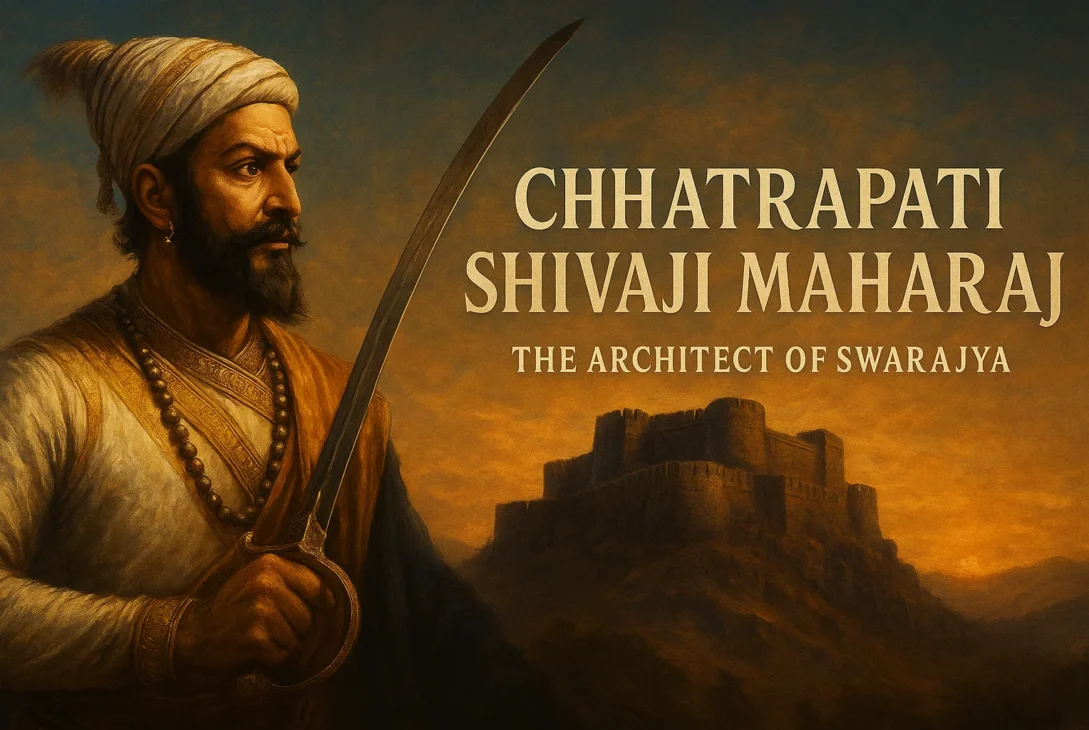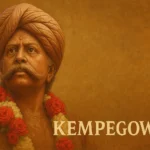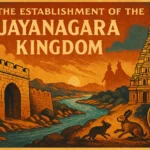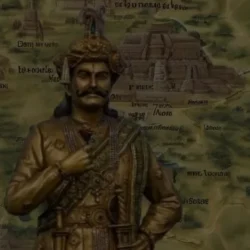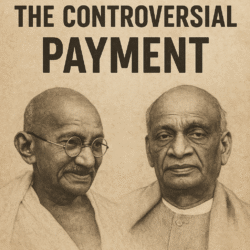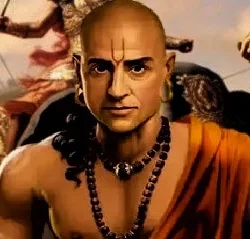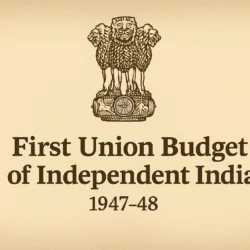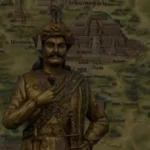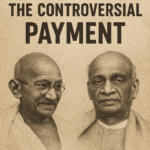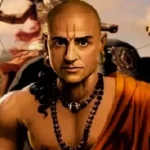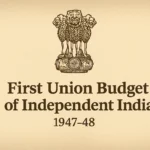Introduction
Chhatrapati Shivaji Maharaj, the founder of the Maratha Empire, is one of India’s most celebrated historical figures. His rise from a young, daring leader to the ruler of a vast kingdom is a remarkable story of bravery, intelligence, and visionary leadership. Shivaji’s early conquests, his respect for women, and his strategic diplomatic moves played a critical role in establishing his empire. This article explores his military prowess, strategic wisdom, values, and the foundation of the Maratha Empire.
Shivaji’s Early Dominance and Military Prowess
Shivaji’s rise to prominence was meteoric, starting from humble beginnings to challenging mighty rulers like the Mughal Emperor. His swift and strategic rise shocked many, and his military prowess was evident in his conquest of forts, cities, and villages. Shivaji’s bravery and skills in warfare became legendary, making him a well-known figure among his contemporaries. His quick thinking, intelligence, and foresight allowed him to match the might of larger empires.
Conquest of Konkan and the Bijapur Sultan’s Rage
In 1636 AD, when the Mughal Empire and the Sultanate of Bijapur divided the Ahmednagar region, Shivaji turned his focus to the Konkan area, which was under the control of Bijapur. In a daring move, he intercepted the revenue money of the province, enraging the Sultan. This marked the beginning of open hostilities with the Bijapur Sultanate. Shivaji’s military operations during this period, including the capture of Lohagarh, demonstrated his expanding influence.
While on his campaign, Shivaji’s general captured Moolana Ahmed, a key official in the Sultanate. However, Shivaji, showing his characteristic respect for others, honored him and sent him back to Bijapur unharmed, displaying his strategic diplomacy.
Shivaji’s Respect for Women: A Noble Example
Shivaji’s treatment of women is particularly noteworthy. In an incident in Konkan, he displayed great respect for the wife of Moolana Ahmed, Rupavati. Despite being a warrior king, Shivaji believed that a true leader should respect women and protect their dignity. When Rupavati was brought to him, Shivaji expressed that respect for women and the protection of their humanity was paramount to his beliefs. He sent her back with precious gifts, illustrating his commitment to upholding moral values in his kingdom.
Shahaji’s Arrest and Shivaji’s Strategic Diplomacy
Shivaji’s father, Shahaji, was arrested by the Sultan of Bijapur due to fears that he was supporting Shivaji’s growing influence. In response, Shivaji, deeply concerned for his father, sought a diplomatic solution. After consulting his wife, Saibai, who advised against open conflict, Shivaji decided to approach the Mughal Emperor Shah Jahan to mediate the situation. His diplomatic approach led to Shahaji’s release under conditions, marking a significant moment in Shivaji’s strategic thinking.
Shivaji refrained from waging war during this period, focusing instead on maintaining peace while ensuring his father’s safety. His decision to avoid conflict was a tactical move, showing his ability to wait for the right moment to strike.
The Javali Campaign and Pratapgarh’s Construction
In a decisive military campaign, Shivaji faced off against Chandra Rao More, a powerful leader in the Javali region. More’s initial support for the Sultan of Bijapur failed when Shivaji’s forces overwhelmed his army. After capturing the Javali region, Shivaji focused on the welfare of the residents, ensuring that their lives were not disturbed. The treasures seized from this conquest were used to renovate the Bhavani Temple in Mahabaleshwar and to build Pratapgarh, a fort that would become a symbol of Maratha strength.
Expansion of Shivaji’s Kingdom
Shivaji’s strategic military campaigns saw him expanding his kingdom to include key forts and territories like Javali, Rohida, and Sringarpur. His diplomatic skills were evident in his dealings with local rulers. For example, the local ruler of Sringarpur, Surabeh, was persuaded to return and pay tribute, thereby securing Shivaji’s control over the region.
Moropanta Pingala, a trusted Brahmin general, played a key role in this expansion. His innovative fort designs, including the famous Pratapgarh, won Shivaji’s trust, and he became a key figure in building the Maratha military infrastructure.
Spiritual Influence: Samarth Ramdas and Shivaji
Shivaji’s spirituality played a crucial role in shaping his values. He was deeply influenced by Samarth Ramdas, a great saint and his spiritual guide. Shivaji, recognizing the importance of both spiritual and political leadership, took Ramdas as his guru. Ramdas’s teachings, especially the idea of ruling with responsibility and humility, became central to Shivaji’s philosophy.
One of Ramdas’s key teachings was that a ruler should remain in the world but be detached from it, focusing on the welfare of the people. This principle guided Shivaji’s reign, as he combined spiritual wisdom with practical governance.
Aurangzeb’s Threat and Shivaji’s Defiance
Shivaji’s growing power caught the attention of Aurangzeb, the Mughal emperor. Aurangzeb, aware of Shivaji’s military and strategic skills, sought to neutralize him. However, Shivaji was not easily swayed. When Aurangzeb attempted to send him a letter seeking his allegiance, Shivaji responded by tying the letter to a dog’s tail, signaling his disdain for Aurangzeb’s selfish motives. This act of defiance further fueled the conflict between Shivaji and the Mughal Empire.
The Afzal Khan Encounter: A Historic Victory
One of the most famous encounters in Shivaji’s rise to power was his battle with Afzal Khan, a general sent by the Bijapur Sultan to eliminate him. The two leaders met in a tent, where Afzal Khan attempted to assassinate Shivaji. However, Shivaji, wearing metal armor, survived the attack and struck back, killing Afzal Khan in self-defense. This victory solidified Shivaji’s reputation as a fearless and strategic leader.
After the battle, Shivaji demonstrated his magnanimity by ensuring the proper burial of Afzal Khan’s body and taking care of the welfare of the fallen soldiers’ families. This act of generosity showcased Shivaji’s broad-mindedness and compassion.
Aftermath of Afzal Khan’s Defeat and Further Conquests
Shivaji’s victory over Afzal Khan was a turning point in his campaign against the Sultan of Bijapur. Shivaji continued his military conquests, capturing forts like Pala, Pawangarh, and Vasantgarh. His military campaigns further expanded his kingdom and solidified his control over a significant portion of the western Deccan region.
Bijapur’s Failed Retaliation and Final Truce
Despite several attempts by the Sultan of Bijapur to defeat Shivaji, including sending numerous armies, Shivaji continued to emerge victorious. Eventually, a truce was agreed upon, with both sides agreeing to respect each other’s territories. This marked the end of hostilities between Shivaji and Bijapur, allowing him to focus on strengthening his empire.
Shivaji’s Legacy: The Independent Maratha Empire
By 1662 AD, Shivaji had established himself as an independent ruler, having created a powerful and prosperous kingdom. His army, consisting of sixty thousand infantry and fifteen thousand cavalry, was always ready for war. Shivaji’s leadership attracted admiration from both allies and adversaries alike.
Shivaji’s legacy extended beyond his military victories. He established a strong naval force, built formidable forts, and initiated various administrative reforms that helped in the consolidation of his empire. His commitment to his people, his respect for women, his spiritual guidance, and his strategic brilliance make him one of the greatest rulers in Indian history.
Conclusion
Chhatrapati Shivaji’s rise from a young warrior to the founder of the Maratha Empire is a tale of ambition, courage, and intelligence. His early conquests, respect for values, strategic acumen, and leadership skills laid the foundation for a powerful empire that stood resilient against the might of the Mughal Empire. Today, his legacy continues to inspire generations, embodying the ideals of bravery, justice, and leadership.
